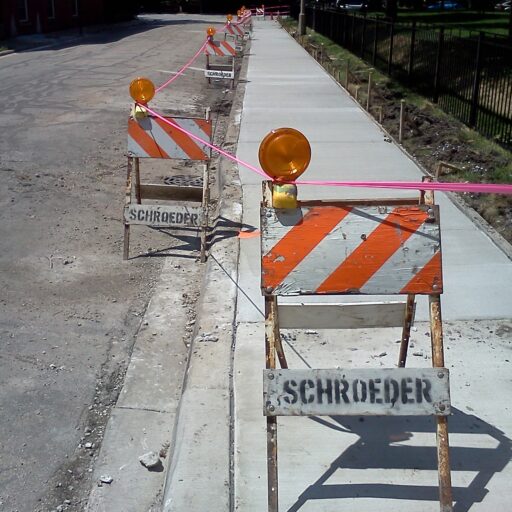I am increasingly, and sometimes uncomfortably, aware of how little I know.
I actually expected the opposite. I assumed that I’d know more after reading and living more, and working longer as a professor.
I’m not suggesting that I’ve lost knowledge. I cannot remember details and facts that I could once easily recall, but I don’t believe that the amount of my knowledge has decreased.
In fact, I’m reasonably confident that my knowledge has increased. I certainly cannot quantify the addition over the years but believe that this amount is greater than anything I might have trouble recalling or even lost.
At the same time, I’m increasingly aware that this knowledge is merely a fraction of what I could know, and that this portion seems even smaller as this awareness increases. I so often add areas about which I know nothing that I’ve started assuming the existence of epistemological universes I’ll never see or even imagine.
The effect is that I’m more and more uncertain about answers to questions. As a result, I’ve begun to express this uncertainty in my responses, which seems to infuriate at least some.
I now wonder if such efforts appear ambivalent. Ambivalence according to researcher Naomi Rothman can create negative impressions in others, and also seems less productive in some (i.e., competitive) situations than others (i.e., collaborative).
I wonder how such appearance play in private at home for example or in public, such as classrooms. In those, I teach the conflicts to use Gerald Graff’s approach, and describe the debates rather than offer decontextualized positions within these.
I repeatedly explain that I’m attempting to defend reasonable perspectives within these debates, and asking them to assess the merits and assume one or another. Regardless, I’m relatively confident that this approach frustrates at least some if not more.
This uncertainty seems the most honest, or at least to have the most intellectual integrity. In fact, I’ve learned to distrust those who are certain, and could agree with Cardinal Lawrence in the recent movie Conclave that certainty might be the greatest sin.
Perhaps he is right to praise, and call for, those who doubt. These needn’t seem cynical about truth, and don’t have no belief, and aren’t necessarily nihilistic. Rather, they exhibit an intellectual humility, which is something I’m learning to cultivate.
I just wonder what I’ll do with this newfound humility, and this increased knowledge and ignorance, after retiring next year. Until now, I have some justification however vague for these efforts, and can’t help but wonder if, and if so how, it and these will shift as I move into the next part.

Leave a Reply